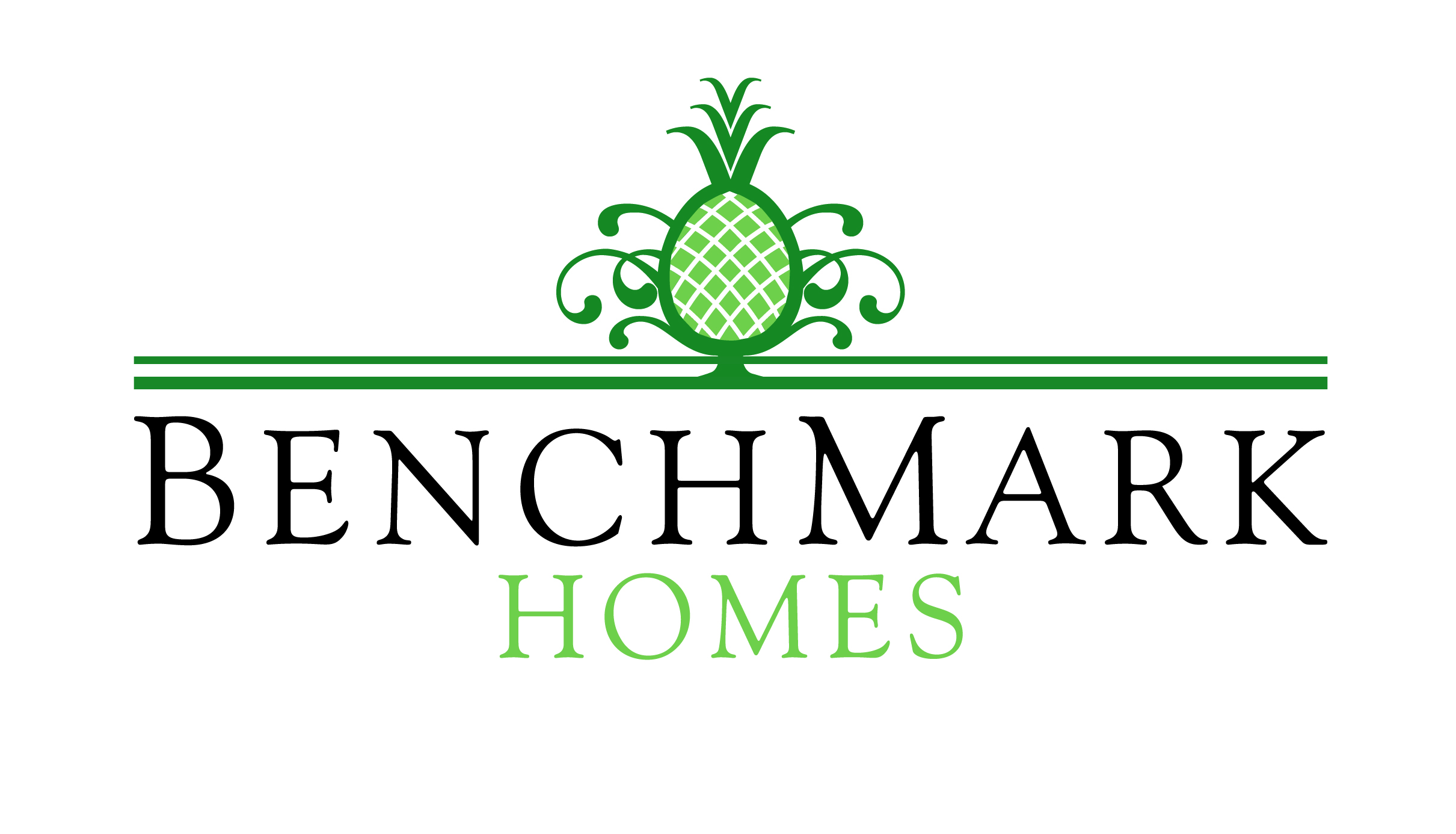The process of obtaining a building permit in St. Louis can feel complicated, especially for those building or renovating a custom home. At Benchmark Homes, we make it easier to move through each step with confidence. From navigating local government codes to passing final inspections, this guide offers a practical approach for homeowners and builders seeking clarity.
With smart planning and trusted support, you can move forward without costly setbacks; overcoming permitting issues St. Louis may present. This article walks you through the most common permitting challenges, offers guidance on how to avoid them, and breaks down the steps to a successful application and inspection process in St. Louis County.
Understanding Building Permit Requirements in St. Louis
Starting a construction or renovation project requires a solid understanding of St. Louis building permit rules. For luxury or custom homes, this means providing detailed documentation and early research into zoning laws, local building codes, and neighborhood expectations.
Benchmark Homes has deep experience in sought-after areas such as Ladue, Frontenac, and Clayton. We help clients interpret municipal codes and identify potential problems early, reducing surprises later on. When working in areas with unique design guidelines or historical overlays, clear communication with planning departments ensures your application won’t hit avoidable snags.
To move forward efficiently, gather these core documents in advance:
Full architectural plans and engineering reports
Detailed site maps and topographic surveys
Specification sheets outlining materials and systems
Structural and energy compliance documentation
Letters of approval from HOAs or neighborhood groups (if applicable)
Being thorough from the beginning creates a smoother path through the permit approval process.
Common Permit Delays in St. Louis, Missouri, and How to Prevent Them
Several predictable issues can stall a permit application. Fortunately, they’re avoidable with the right preparation.
1. Incomplete or Inaccurate Documentation
One missing page can send your application to the bottom of the review pile. St. Louis officials won’t process your submission until all elements are complete. Benchmark Homes reviews your documents line by line before submission, catching errors and ensuring alignment with up-to-date code requirements.
2. Zoning and Neighborhood Code Conflicts
Local jurisdictions like Des Peres and Sunset Hills often have stricter guidelines than broader county regulations. Setbacks, lot coverage, and building height limits can vary from one block to the next. Overlooking these leads to redesigns, resubmissions, and costly time loss. Our team works directly with local offices to confirm that your plans match all zoning requirements before the application is filed.
3. Seasonal Review Slowdowns
Permit offices often experience heavy backlogs during peak building seasons (spring and summer). Benchmark Homes monitors permit department workloads and encourages applications during lighter review periods when possible. We also stay in contact with staff to track progress and avoid being overlooked.
Building Permits: A Step-by-Step Process
Once you’re ready to apply, the process follows a series of stages. Here’s a clear overview:
Step 1: Pre-Submission Planning
Before submitting your application, double-check every document against local guidelines. Include a brief cover letter listing contents and identifying your project team contacts. This small detail helps city staff process your file more quickly.
Step 2: Submission and Intake Review
Applications are submitted online or in person, depending on the jurisdiction. Intake teams check for completeness. If anything is missing, your application may be returned unreviewed.
Step 3: Plan Review by Building Officials
Reviewers look at your project’s technical details and compare them to zoning, building, and safety codes. For complex custom homes, expect this phase to take longer. Including extra visuals or notes (such as renderings or overlay maps) helps clarify your intent and speeds review.
Step 4: Permit Issue
Once approved, you’ll receive your permit. From here, you can legally start construction, provided all conditions and fees are met.
Preparing for Inspections: What to Expect and How to Pass
With permits approved, the inspection phase begins. Inspections are vital to ensuring your home is safe, energy-efficient, and built to last.
Inspection Timing and Stages
Inspections happen at multiple points during construction, including:
Foundation pour
Framing
Electrical and plumbing rough-ins
Insulation
Final walk-through before occupancy
Working with Benchmark Homes means these inspections are carefully scheduled and coordinated with trade partners. Our team builds a project calendar that identifies when inspections occur and what’s needed for each of them.
Preparation Best Practices
Before any inspection, Benchmark performs its own quality checks to make sure all requirements are met. This reduces the chance of re-inspections and delays. For homeowners, this also means better visibility into what’s happening behind the walls of your new home.
Neighborhood-Specific Expectations
Communities like Webster Groves or Kirkwood may have unique inspection expectations. Our project managers are familiar with these variations and prepare accordingly. If corrections are needed, our team acts fast and provides updates to city officials, keeping things moving without unnecessary downtime.
Smooth Permitting Starts with the Right Partner
The success of any custom home in St. Louis hinges on how well the early steps are handled. Permitting and inspections shouldn’t be the stressful part, they should be the foundation for peace of mind.
Benchmark Custom & Luxury Homes guides clients through the process with expertise and care. Our proactive approach means fewer surprises, smoother timelines, and greater confidence at every milestone.
Thinking about starting your project?
Connect with Benchmark Homes today to speak with our team or request a detailed guide to building in St. Louis. With smart planning and professional support, your new home journey can start on solid ground.
